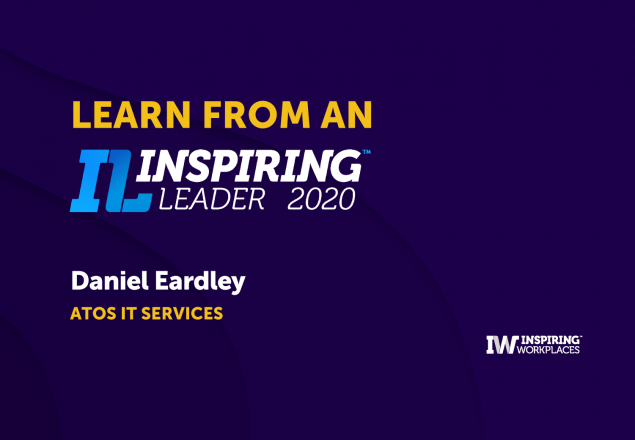
29th August 2023
Building Trust: What Leading Through The Pandemic Has Taught Us

In an age of increasing polarization and weakened trust, business leaders face an opportunity and obligation to build trust in their organizations. Trust is crucial during times of uncertainty, and leaders are judged based on their ability, benevolence, integrity, and predictability. The pandemic initially boosted trust in leaders, but as challenges persisted, trust began to dwindle. Building trust involves deep personal integrity, responsibility, empathy, and the cultivation of relationships in high-trust environments. Trust is essential for effective leadership and responsible business practices in a society marked by mistrust.
Read the original article written by Professor Veronica Hope Hailey & Katie Jacobs and published by CIPD:
Trust is the foundation of any institution. But as society becomes increasingly polarised, exacerbated by economic crisis, personal financial anxieties and high-profile leadership failures, trust is becoming dangerously weakened. Indeed, according to the most recent Edelman Trust Barometer, business is now the only institution seen as competent and ethical by the global public. Trust in governments, NGOs and the media is plummeting and, in response, the public expects more societal engagement from businesses than ever before.
This presents a powerful opportunity – an obligation even – for business leaders, but heightened expectations bring risks too. Trust matters most during times of uncertainty, and that is the constant state in which we find ourselves today. Take the intimidating speed of technological advancement, for example; people need to believe as we continue forward into the unknown that leaders will act with integrity, goodwill and transparency.
How have trust levels changed since the pandemic?
Our original research tracked the impact of the pandemic on trustworthy leadership. We found that, in the first year of COVID-19 (2020), trust in business and leaders rose. This was driven in part by the admirable response of many organisations when it came to looking after the needs of their multiple stakeholders, from employees to suppliers, customers and communities.
However, as the pandemic dragged on, things became more challenging. Trust started to dwindle. Some organisations began to behave less responsibly, additional external challenges like Russia’s invasion of Ukraine had a profound macroeconomic impact and, as we explored in our last article, the expectations of employees and employers began to diverge. Recent high-profile scandals and leadership failures in organisations tarnished things further. This all means that we are seeing more mistrust creeping into relationships on an individual and an organisational level.
The pillars of trust
People judge the trustworthiness of our leaders by four criteria, as described in our 2021 responsible business report:
- Ability: Have they got the right competencies and abilities to do their job?
- Benevolence: Are they bothered about others or entirely self-interested?
- Integrity: Are they guided in their decisions and actions by a moral code?
- Predictability: Can people see a consistency in their approach?
Lapses in ability can be forgiven: we are all only human after all. But betrayals of integrity and benevolence can destroy trust, and fast. As an old Dutch proverb puts it: “Trust comes on foot but leaves on horseback.” In other words, trust is hard to gain but all too easy to lose.
When the rulebook doesn’t give you any answers (such as during an unforeseen pandemic), it becomes the ultimate test of whether the organisation has developed a cadre of senior leaders who know what the company stands for, who have a sense of personal integrity and a shared sense of what the right thing to do is in a situation where there is no certainty. Increased regulation and monitoring are often a knee-jerk reaction to failures, and are of course necessary in many industries, but they alone are insufficient. Individual leaders need to know the right thing to do to maintain trust in challenging circumstances: something that goes beyond rulebooks and codes of conduct and into a deep and genuine personal sense of responsibility and obligation to others.
Read the full article to find out how the way we build trust has changed and listen to the full podcast.
Do you know an inspiring leader? Nominate them today: Inspiring Leaders Awards 2024.
Are you an inspiring workplace? Then register for the Inspiring Workplaces Awards 2024.
Join our community here, for free and access The Inspire Hub Forum to connect directly with your peers who share the same purpose.





